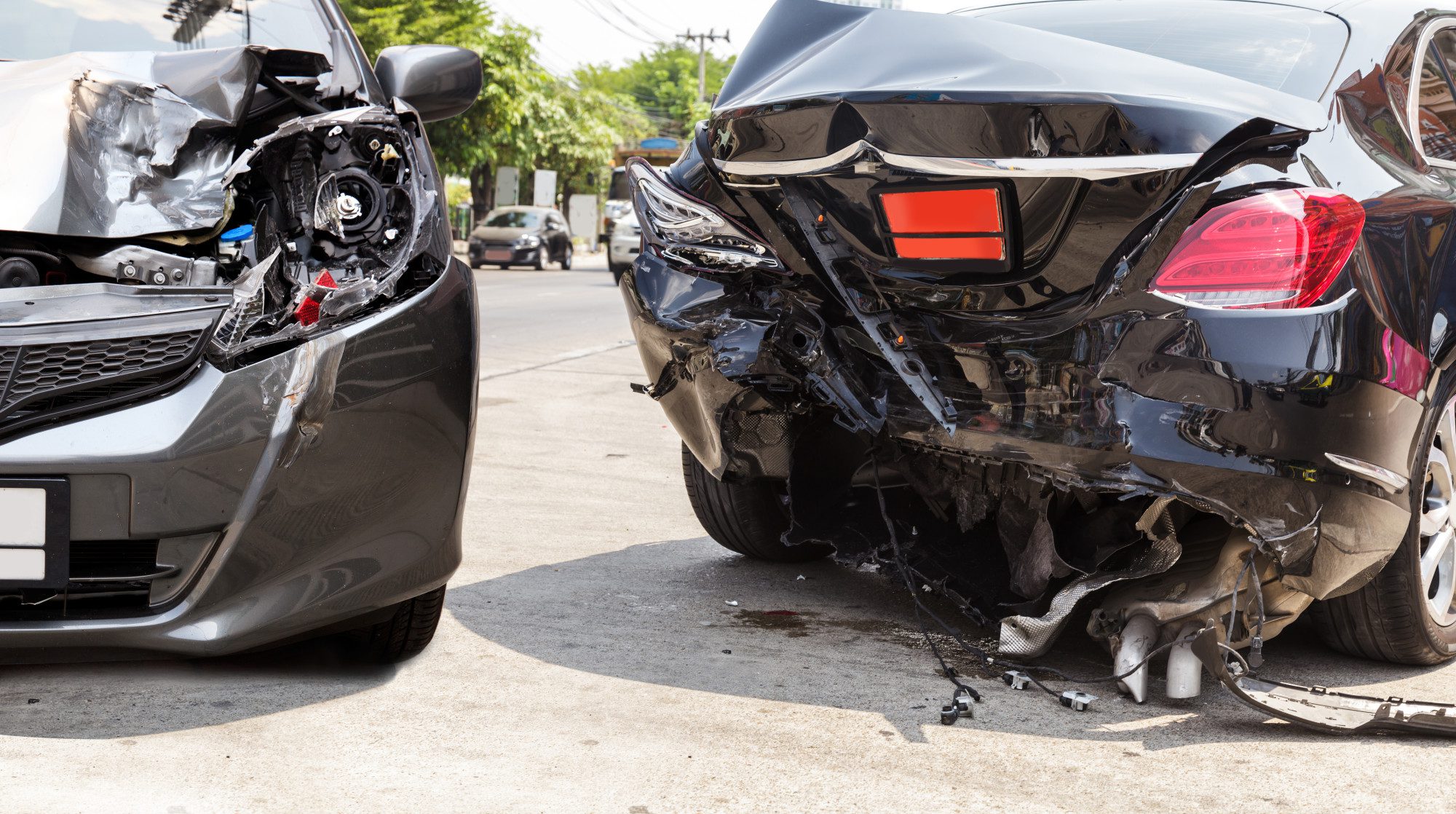Introduction to Vehicle Collision Lawyer
In today’s bustling world, vehicular accidents are an unfortunate reality. They can lead to physical injuries, emotional distress, and financial strain. During such challenging times, seeking legal guidance becomes imperative. A vehicle collision lawyer specializes in providing legal assistance to individuals involved in accidents, aiming to secure their rights and navigate the complexities of legal proceedings.
Understanding the Role of a Vehicle Collision Lawyer
Responsibilities and Expertise
Vehicle collision lawyers possess a deep understanding of traffic laws, insurance policies, and civil liabilities. They undertake the responsibility of representing their clients in settlement negotiations or court trials. They work diligently to gather evidence, interview witnesses, and construct a compelling case in favor of their clients.
Also Read: Personal Injury in Dallas: Understanding, Process, and Recovery
Importance of Legal Representation
Their expertise in the legal field empowers individuals to understand their rights and options after a collision. From determining fault to assessing damages, these lawyers navigate the intricate legal system, ensuring fair compensation and justice for their clients.
Steps to Take After a Vehicle Collision
Seeking Medical Attention
Immediate medical attention is crucial post-collision. Prioritizing health is paramount, and seeking medical evaluation helps in documenting injuries and establishing a link between the accident and the injuries sustained.
Contacting Law Enforcement
Informing law enforcement about the accident is pivotal. This action aids in creating an official record of the incident, which can be crucial when dealing with insurance claims and legal proceedings.

Documenting the Scene
Gathering evidence by taking photos, exchanging information with the involved parties, and obtaining witness statements can significantly strengthen a case. This documentation serves as critical evidence during legal procedures.
Finding the Right Vehicle Collision Lawyer
Research and Referrals
Researching reputable lawyers or seeking referrals from trusted sources, such as friends, family, or legal directories, can aid in finding a competent attorney.
Evaluating Experience and Expertise
Assessing a lawyer’s experience in handling similar cases and their expertise in negotiation and litigation is pivotal. It ensures that the chosen attorney aligns with the specific needs of the case.
Benefits of Hiring a Vehicle Collision Lawyer
Legal Expertise and Representation
A vehicle collision lawyer serves as a valuable asset, guiding individuals through the legal maze. Their expertise in the field streamlines the process and ensures the protection of the client’s rights.
Maximizing Compensation
These lawyers strive to maximize compensation for their clients. They negotiate with insurance companies or represent their clients in court to secure fair settlements covering medical expenses, lost wages, and emotional distress.
Handling Insurance Companies
Navigating the complexities of dealing with insurance companies can be daunting. Vehicle collision lawyers skillfully handle negotiations, safeguarding clients from being taken advantage of by insurance adjusters.
Common Misconceptions About Vehicle Collision Lawyers
Cost of Legal Representation
Contrary to common belief, many vehicle collision lawyers operate on a contingency fee basis. This means they only receive payment if they successfully secure compensation for their clients, making legal representation accessible.
Also Read: dallas truck accident attorney
Complexity of Legal Procedures
While legal procedures might seem overwhelming, a skilled attorney simplifies the process. They provide clarity, guiding clients through each step and alleviating any confusion or anxiety.
Conclusion
In the aftermath of a vehicle collision, the assistance of a proficient vehicle collision lawyer can be instrumental. From offering legal expertise to maximizing compensation, these professionals ensure that individuals receive fair treatment and just settlements.
FAQs
1. How much does it cost to hire a vehicle collision lawyer?
Hiring a vehicle collision lawyer often operates on a contingency fee basis. This means that you typically won’t have to pay any upfront fees. Instead, the lawyer receives a percentage of the compensation only if they win the case. Initial consultations might also be offered free of charge by many attorneys.
2. Can I handle a vehicle collision case without legal representation?
While it’s possible to handle a vehicle collision case without a lawyer, having legal representation significantly increases the likelihood of a successful outcome. A skilled lawyer understands the legal complexities, negotiates with insurance companies, and ensures that your rights are protected, potentially maximizing your compensation.
3. How long does it take to resolve a vehicle collision case?
The time it takes to resolve a vehicle collision case can vary widely based on various factors such as the complexity of the case, the severity of injuries, negotiations with insurance companies, and whether the case goes to trial. Some cases might be resolved in a few months through negotiations, while others might take longer if litigation is involved.
4. What should I do if the insurance company denies my claim?
If your insurance claim gets denied, it’s advisable to seek legal advice from a vehicle collision lawyer. They can review the reasons for the denial, gather additional evidence, and navigate the appeals process. Legal representation can help protect your rights and challenge the denial to seek the compensation you deserve.
5. Will my case go to trial if I hire a vehicle collision lawyer?
Not necessarily. Most vehicle collision cases are settled through negotiations between your lawyer and the insurance company without going to trial. However, if a fair settlement cannot be reached, your lawyer might advise taking the case to trial. Your lawyer will guide you through the process and represent your interests in court if needed.







